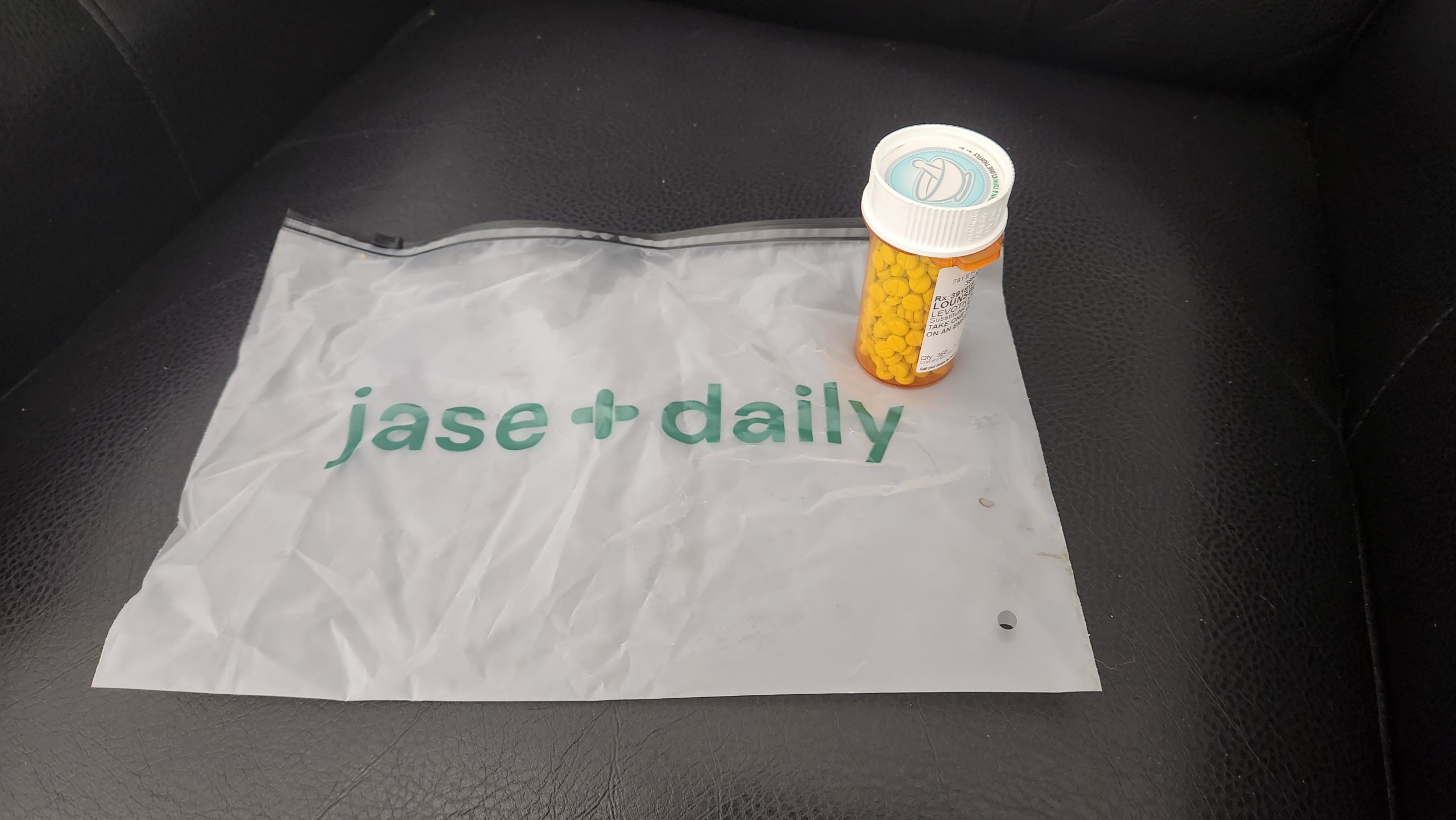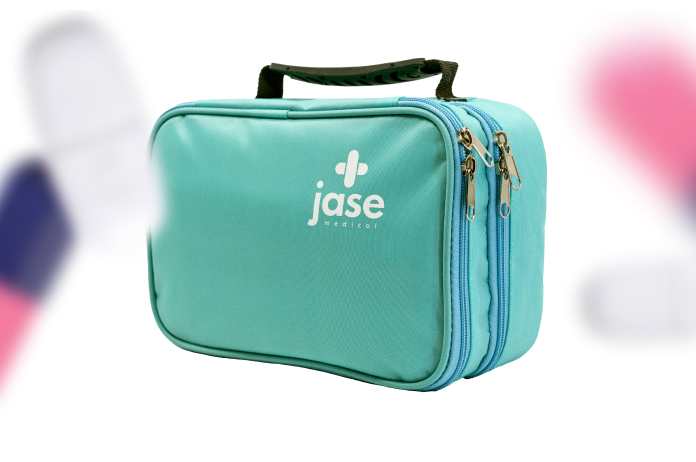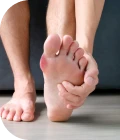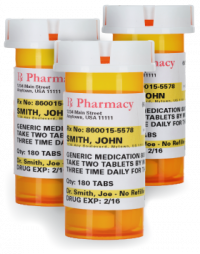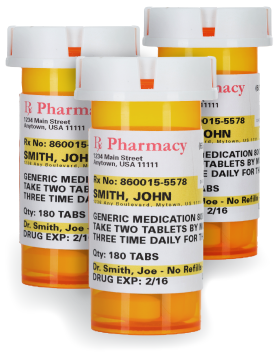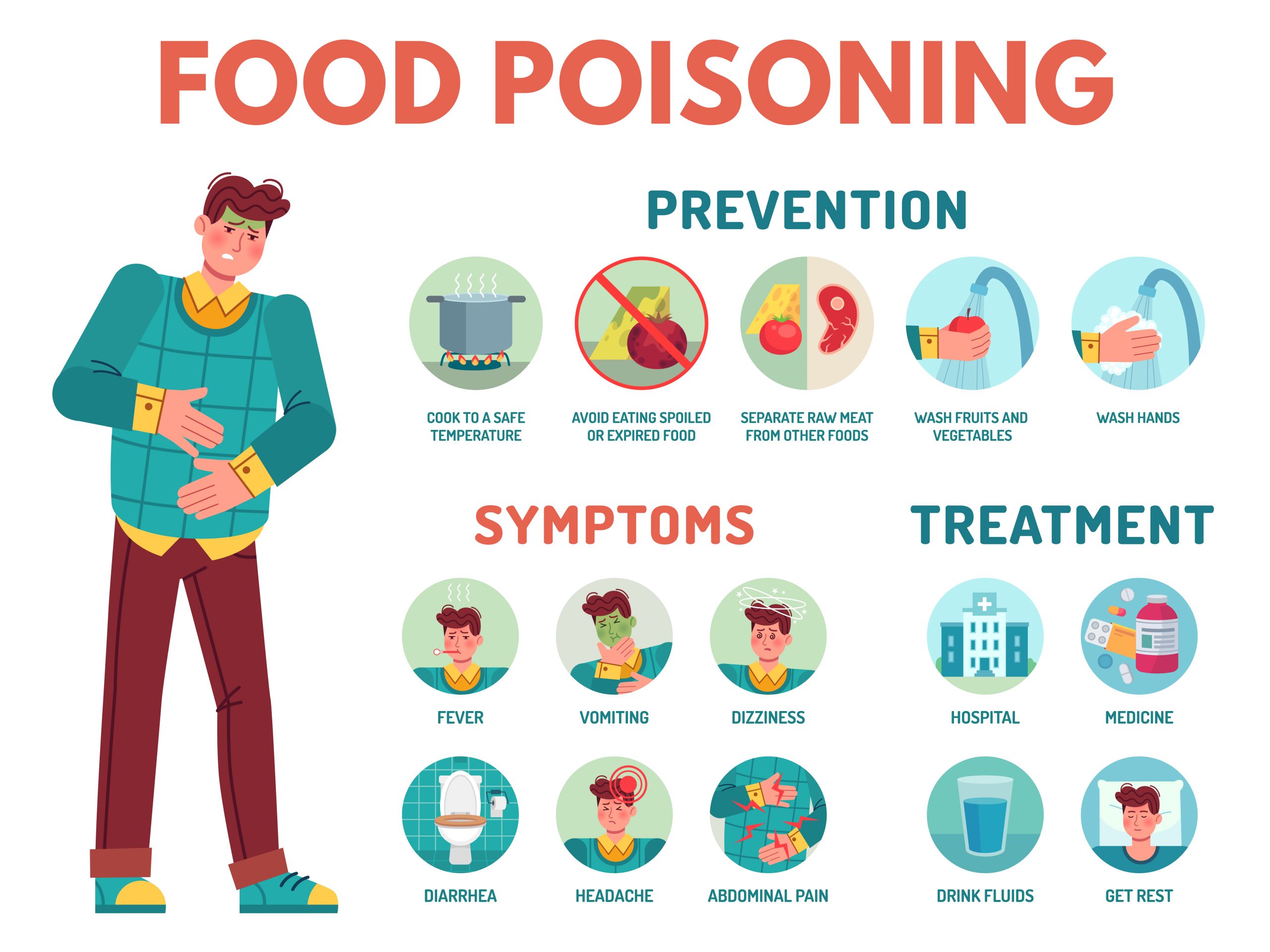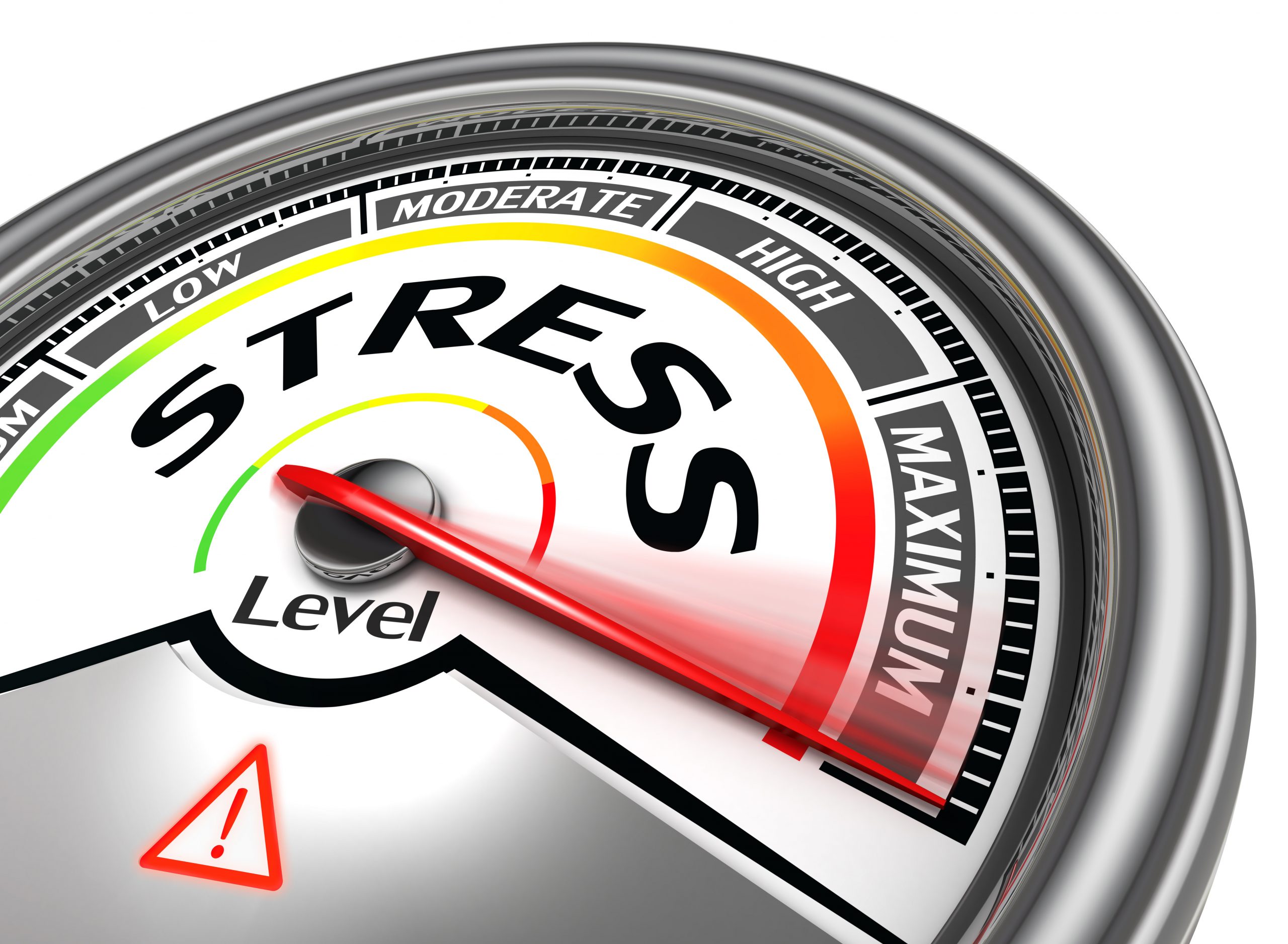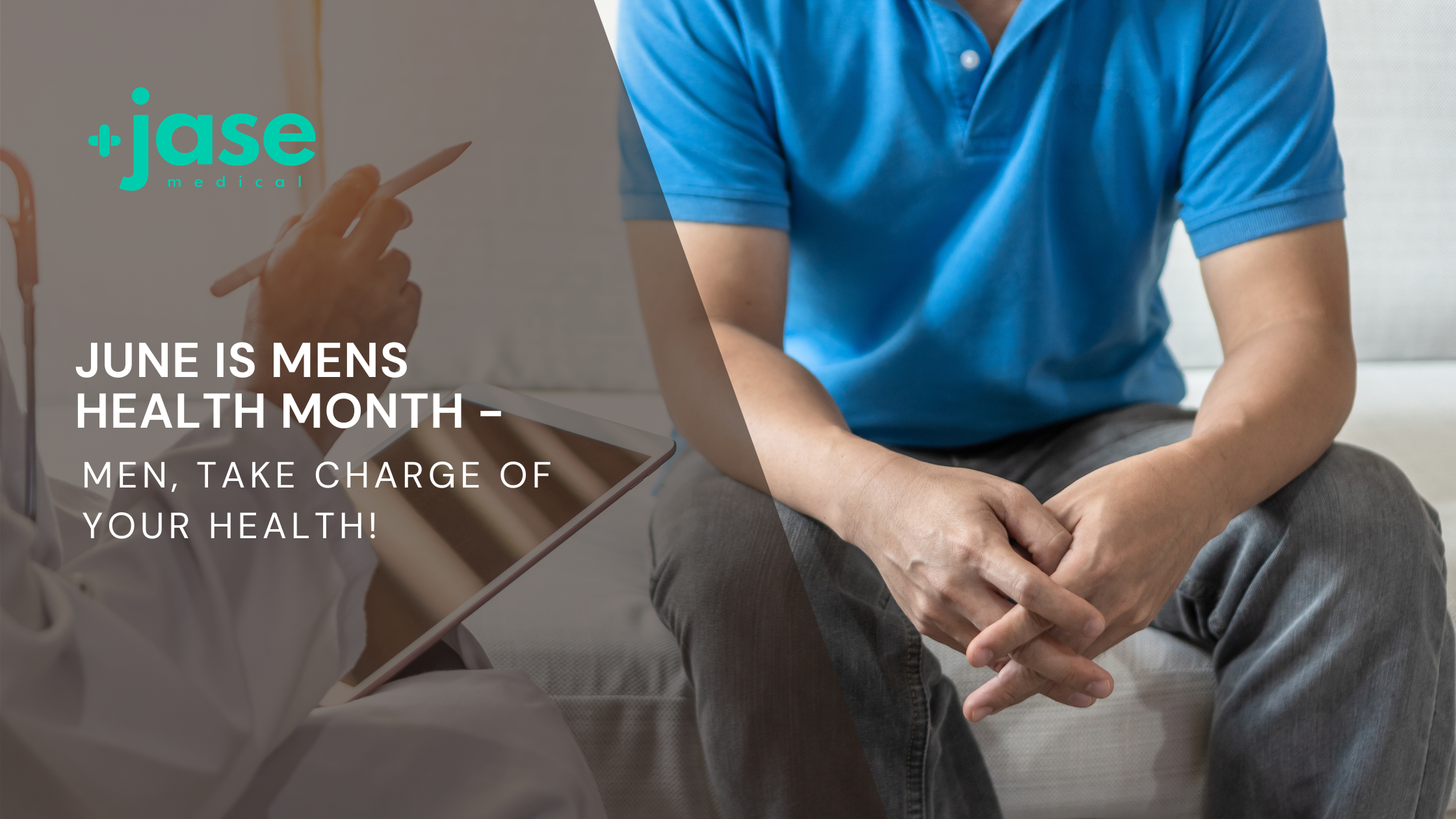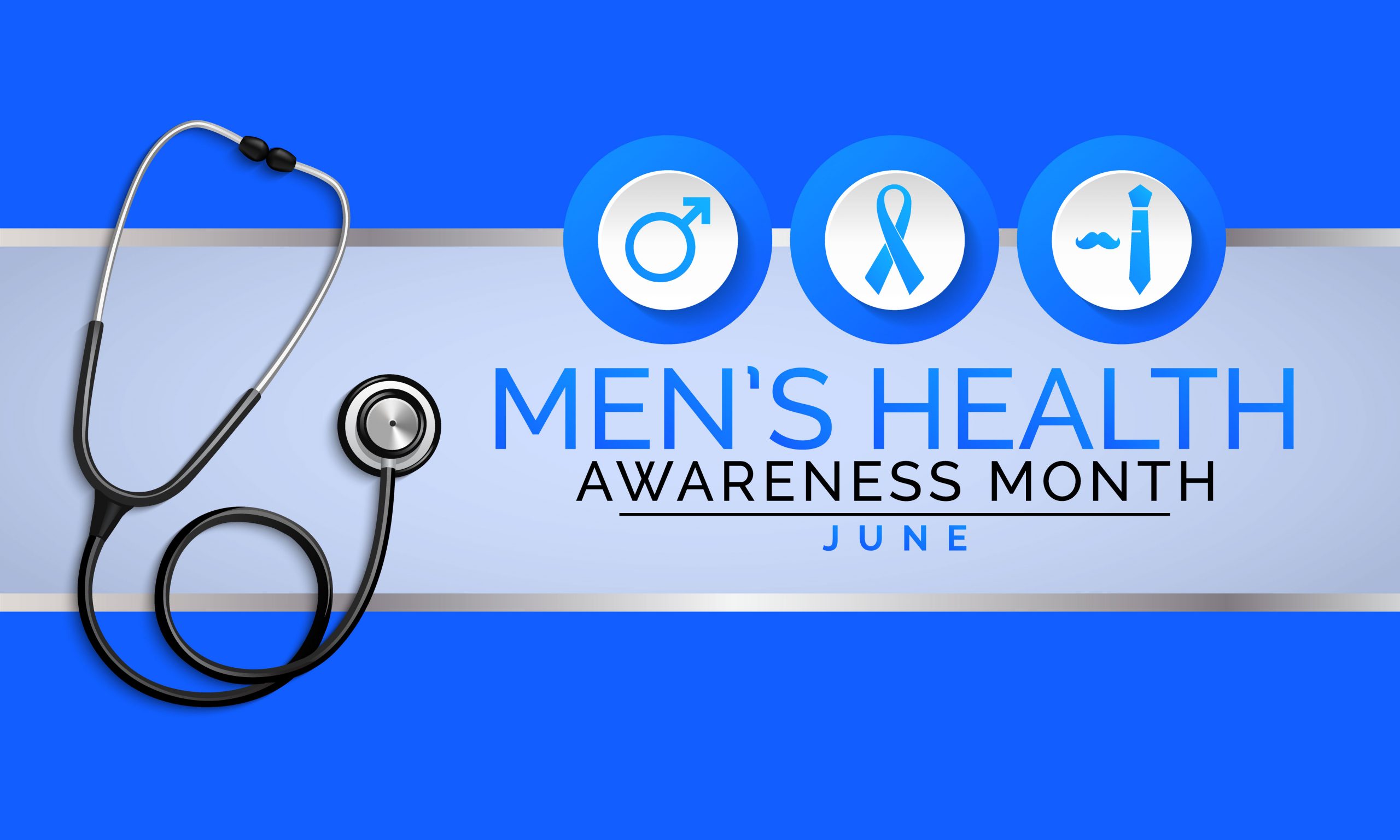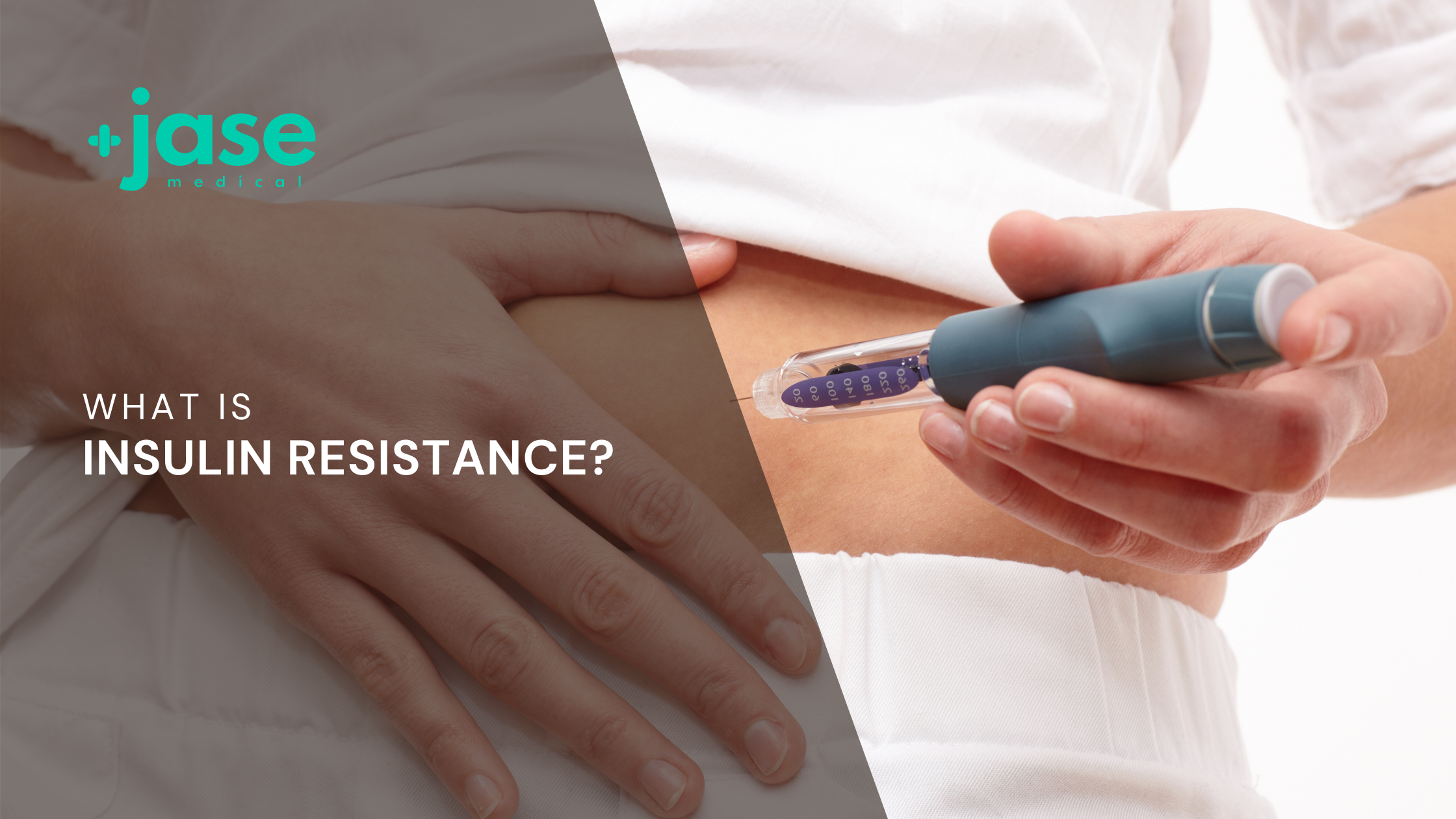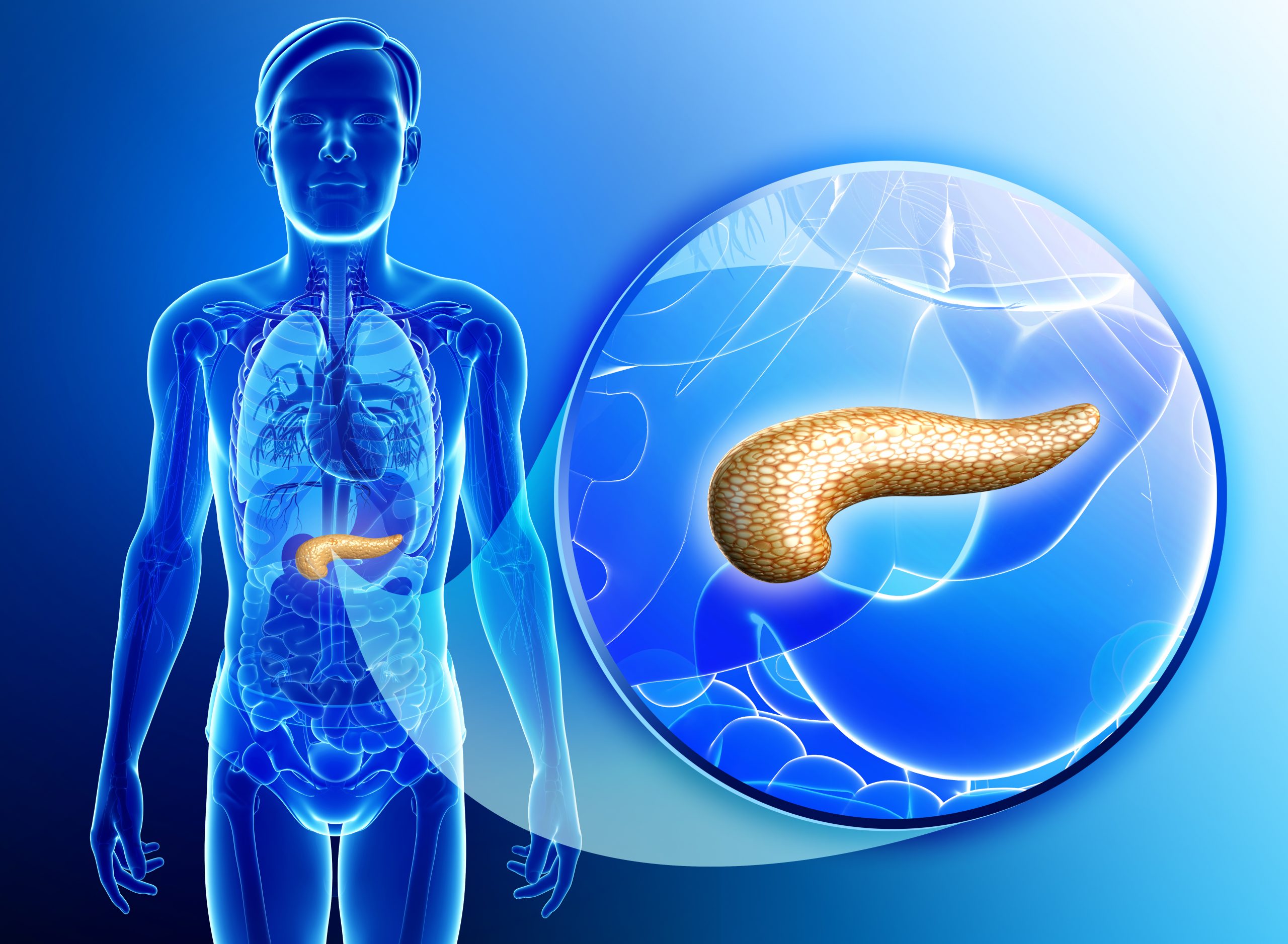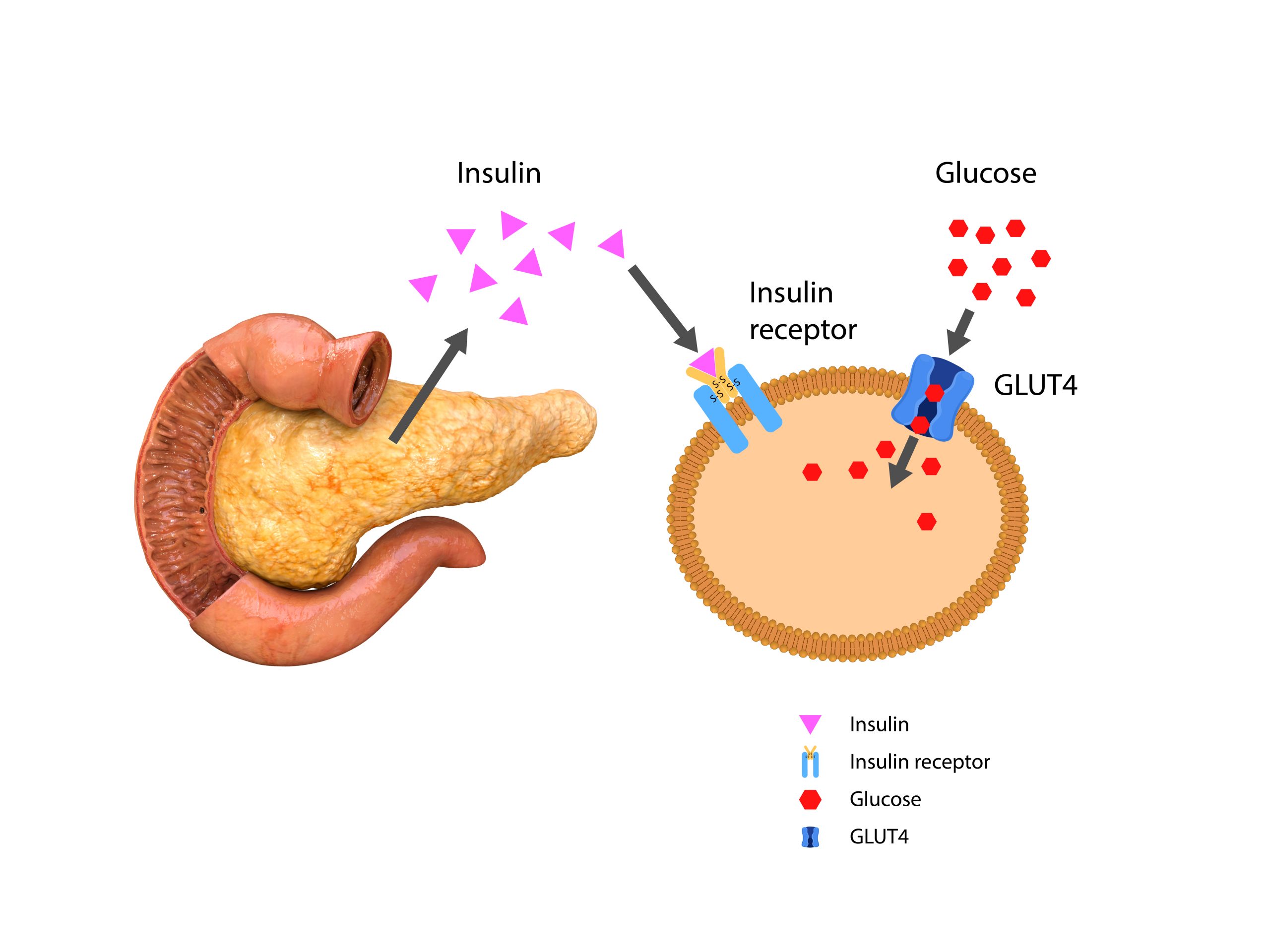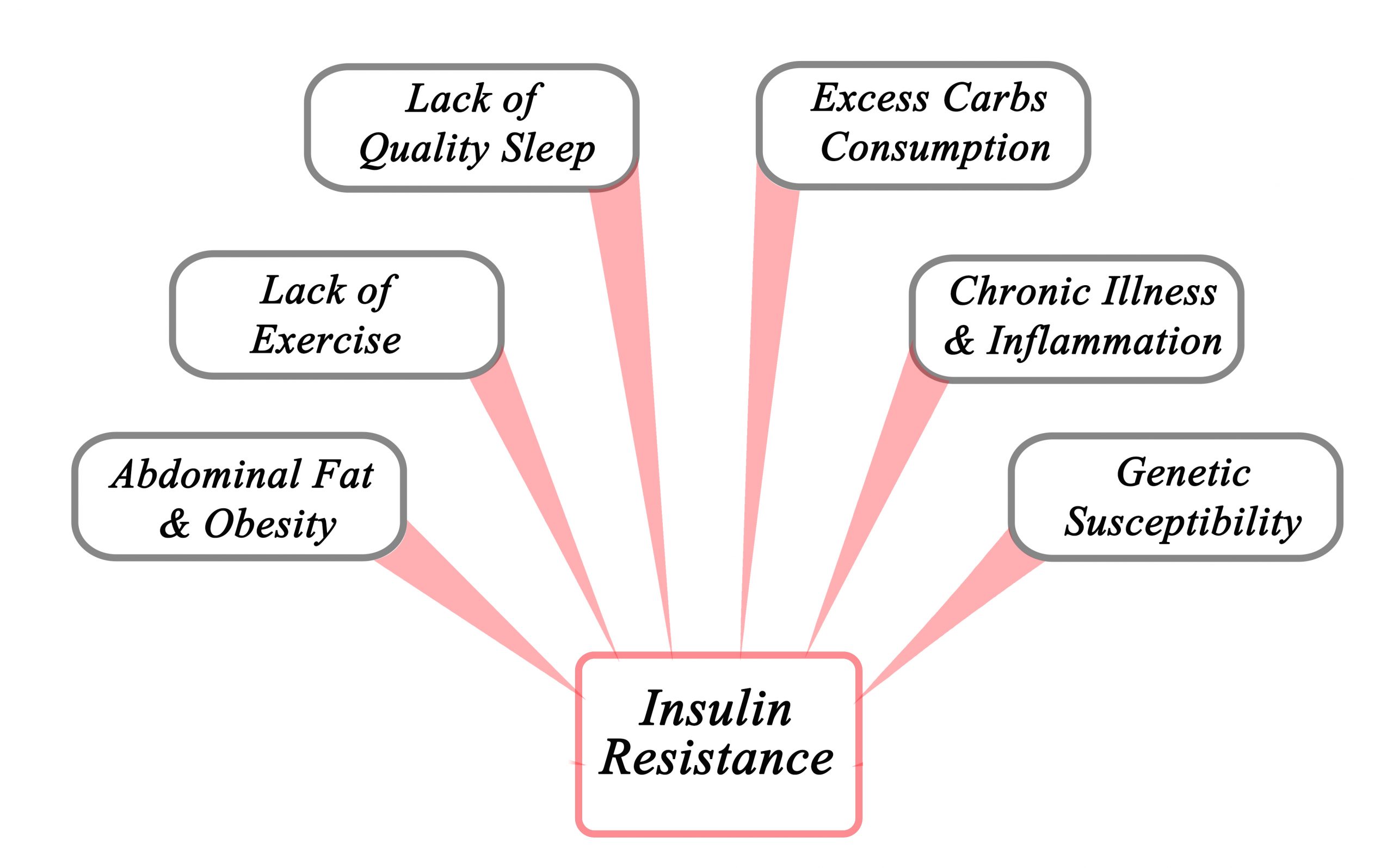I subscribed to Netflix over New Year's Eve to watch the viral movie "Leave the World Behind". The movie is loosely based on a 2020 novel written by Rumaan Alam. As someone in the preparedness world before the term" prepper" became popular, I feel qualified to...
Planning a Trip Abroad? Avoid Being Detained(or worse) When Traveling With Your Prescription Medications


The Transportation Safety Association (TSA) reported a record number of air travel over the fourth of July weekend this year, with one day counting over 2.8 million screenings, surpassing even pre pandemic numbers. With travel restrictions lifted, many are taking advantage of travel to domestic and foreign destinations.
Careful planning, research and preparation will make your trip enjoyable and can avoid delays and even being detained (and according to the CDC- fines and possible jail time) from entering a country. International travel medications rules are really not much different than flying cross country. each country has specific rules and regulations, just as each state has its specific aws and rules.
Tips when traveling with medications
Plan
Each country has its own laws related to medicines. Medicines that are commonly prescribed or available over the counter in the United States might be unlicensed or considered controlled substances in other countries. While rules vary by country, there can be serious consequences if you violate the laws at your destination. (fines or even jail)
Check CDC travelers health website for complete list of countries health advisories and other information regarding permitted medications.
In addition to travel health advisories, the State Department has a list of countries for general advisories (Safety, etc) that you may want to review.
At least one month before your trip, make an appointment with your healthcare provider. Obtain a written list of your medications and what you need them for. This is especially true for injectable items such as EpiPens and prefilled insulin pens. Security in other countries may not be familiar with these devices and may detain and question you. In addition to injectables, any special equipment, such as cpap machine, obtain a note from your care provider as to what the device is and why you need it.
Fill all prescriptions and bring extra. Even with the best executed plan, delays and emergencies happen. Be sure you have extra medication with you on your trip.
Keep medications in their original containers if able and them keep with you. Exemptions to the 3-ounce liquid rule apply to prescription medications. Don’t check in any drugs that you may need in the event that your luggage is lost or delayed.
Check your health insurance- are you covered when in another country? Have a copy of your insurance policy on your phone or in paper form and keep it with you. If your health insurance policy doesn’t cover you in a foreign land, look into a health insurance policy for the duration of your trip. A quick Google search brought up some reputable insurance companies, such as Blue Cross that offers travel health insurance. Do your research.
If you get sick or need medical attention while abroad, check out this list of embassies that can help you locate medical help. Also, check with The American Board of Medical Specialists for authoritative reference on physicians abroad.
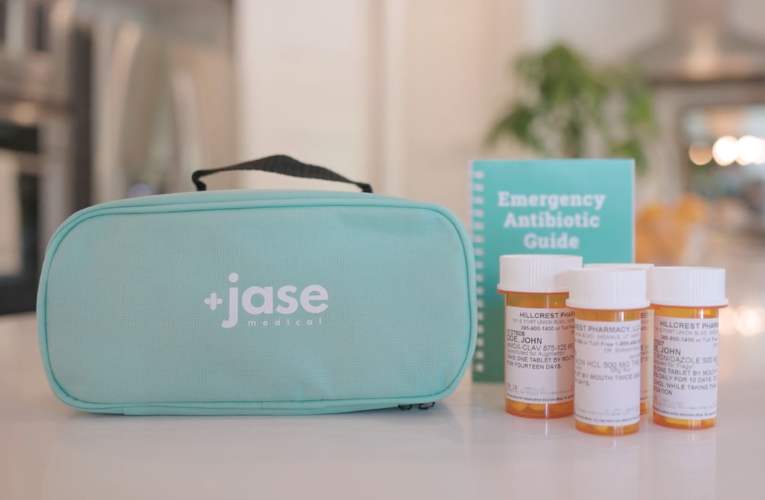
Be proactive about possible health emergencies. Have a stock of pain relievers, antihistamines, antidiarrheal, motion sickness, and fever reducing meds along with a basic first aid kit for minor injuries and illnesses. For that added layer of insurance, bring your Jase emergency antibiotics kit. It could save you a trip to a hospital or clinic. (food poisoning, urinary tract infection, infected wound, mosquito borne illness,etc.)
Other health related tips
Avoid drinking water from other countries, this includes water served on airplanes. To avoid waterborne illness, drink only bottled or treated water. If you go to a restaurant and the area is known for questionable water quality, avoid salads and any food rinsed in water along with ice in drinks. After using restroom, use an alcohol-based hand sanitizer with at least 60 percent alcohol. Make it a habit to use sanitizer liberally and often.
Carry electrolyte powder if traveling or exercising in hot and/or humid country. Dehydration can lead to heat exhaustion and even heat stroke. Also, dress appropriately for your outings. Wear broad brimmed hat, long sleeved light cotton shirt and avoid mid-day excursions and activities if hot weather is an issue. Plan trips early in the day,
Insect repellant/mosquito repellent- if in malaria endemic country apply mosquito repellant often and liberally. Doxycycline, one of the Jase emergency antibiotics, is one of the first line drugs that can treat malaria. It is a widely prescribed prophylactic when traveling in maria infested areas.
- Brooke Lounsbury, RN
Medical Content Writer
Lifesaving Medications
Recent Posts
Keeping you informed and safe.
Leave the World Behind- Leave This Movie Behind
Does Your Sore Throat Need an Antibiotic?
Antibiotics don’t kill viruses; they kill bacteria, mold, or parasites. They are lifesaving drugs when the need arises. However, overuse has led to antibiotic-resistant strains of bacteria that used to be effective with an appropriate antibiotic. Nowadays, we are...
Founder’s Perspective: A Year In Review
I have been reflecting on the past year's progress and lessons learned. We have made significant strides in our company and continue to expand. As we enter 2024, I am confident that Jase Medical staff are of the highest caliber. Their commitment, integrity, and hard...
